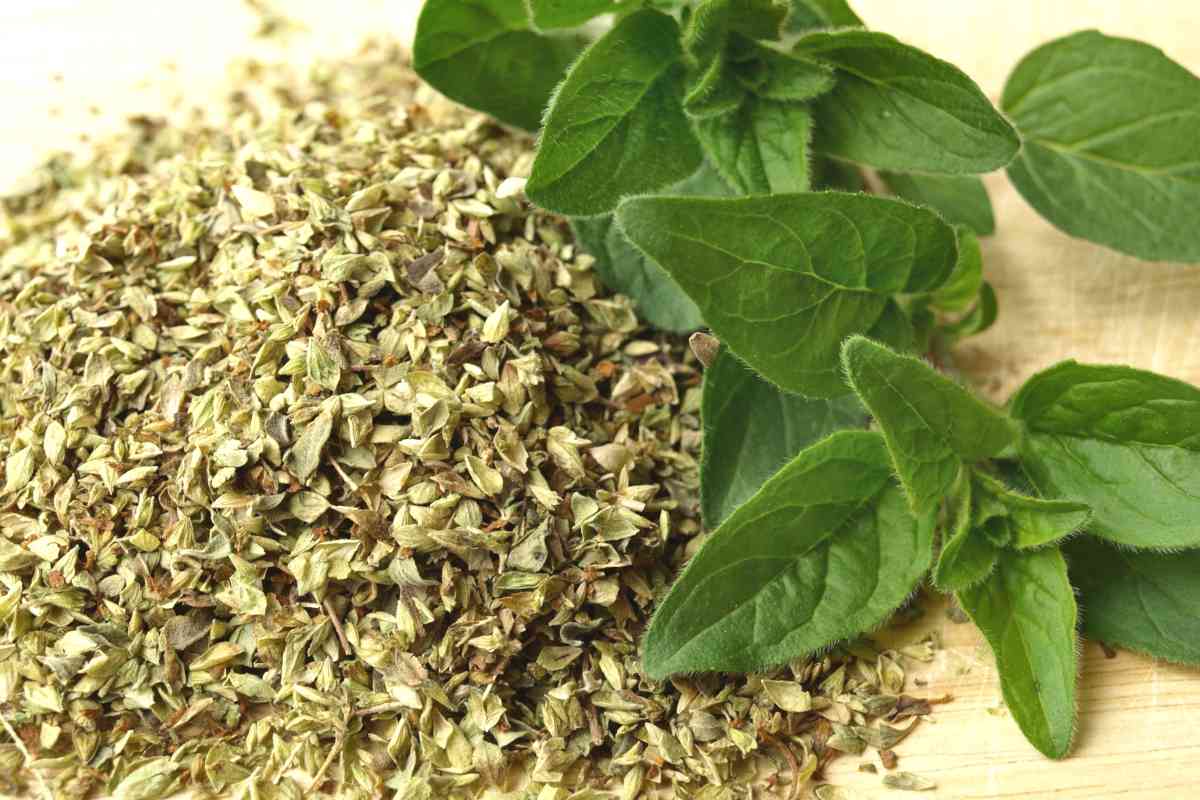
Oregano holds a prominent place in various global cuisines and is celebrated not just for its culinary versatility but also for its remarkable health-promoting properties. This aromatic herb, available in fresh, dried, or oil form, is more than just a seasoning; it’s a powerhouse of nutrients and antioxidants, offering a range of benefits from antimicrobial properties to potential cancer-fighting abilities.
Even in small quantities, oregano is nutrient-rich. A single teaspoon of dried oregano can provide about 8% of your daily vitamin K requirement.
Let’s delve into 6 science-backed health benefits of oregano.
1. Packed with Antioxidants
Oregano is abundant in antioxidants, which combat the damage caused by harmful free radicals in the body. The accumulation of free radicals is associated with chronic diseases such as cancer and heart disease . Research indicates that both oregano and its oil are antioxidant-rich, with carvacrol and thymol being particularly potent antioxidants that protect against cellular damage.
2. Antibacterial Properties
Oregano contains compounds with powerful antibacterial effects. Laboratory studies reveal that oregano essential oil can inhibit the growth of Escherichia coli and Pseudomonas aeruginosa, two types of bacteria that can lead to infections. Another study found oregano to be effective against 23 bacterial species. These findings, while promising, are preliminary and more human-based research is necessary.
3. Potential Anti-Cancer Effects
Oregano is rich in antioxidants that might not only counteract free radical damage but could also aid in preventing cancer. Lab studies suggest that oregano extracts may inhibit the growth of cancer cells and promote their destruction, particularly in cases of colon cancer. However, these results are based on test-tube studies and high doses of oregano; more research is needed to explore the implications for human health.
4. Antiviral Potential
Beyond its antibacterial effects, oregano and its components might also offer protection against viruses. Specifically, carvacrol and thymol have been linked to antiviral properties. Lab studies show that carvacrol can deactivate norovirus within an hour, and thymol and carvacrol together can significantly inactivate the herpes simplex virus in a short time. These findings are intriguing, but further research on humans is required.
5. Inflammation Reduction
Chronic inflammation is a contributing factor to numerous diseases. Oregano, with its antioxidant content, can help mitigate inflammation. Animal studies indicate that carvacrol, in particular, can significantly reduce inflammation. Another study found that a mix of thyme and oregano oils lessened inflammatory markers in mice. These studies provide insight, yet human-based research is needed to fully understand the impact.
6. Versatile and Easy to Incorporate
Oregano’s uses extend beyond pizza and pasta toppings. It can enhance salads, soups, chili, meat dishes, and even homemade sauces with its robust flavor. Fresh, dried, or oil forms of oregano make it a flexible addition to a wide range of recipes, allowing you to easily incorporate it into your diet.
In Summary
Oregano is more than just a flavorful herb; it’s a nutritional treasure with potential health benefits ranging from fighting bacteria and viruses to possibly inhibiting cancer cell growth and reducing inflammation. While the current evidence is promising, more research, particularly on humans, is necessary to fully understand its benefits.
Adding oregano to your meals is simple, whether you prefer it fresh, dried, or as an oil, making it an effortless way to boost both the flavor and nutritional value of your dishes.
